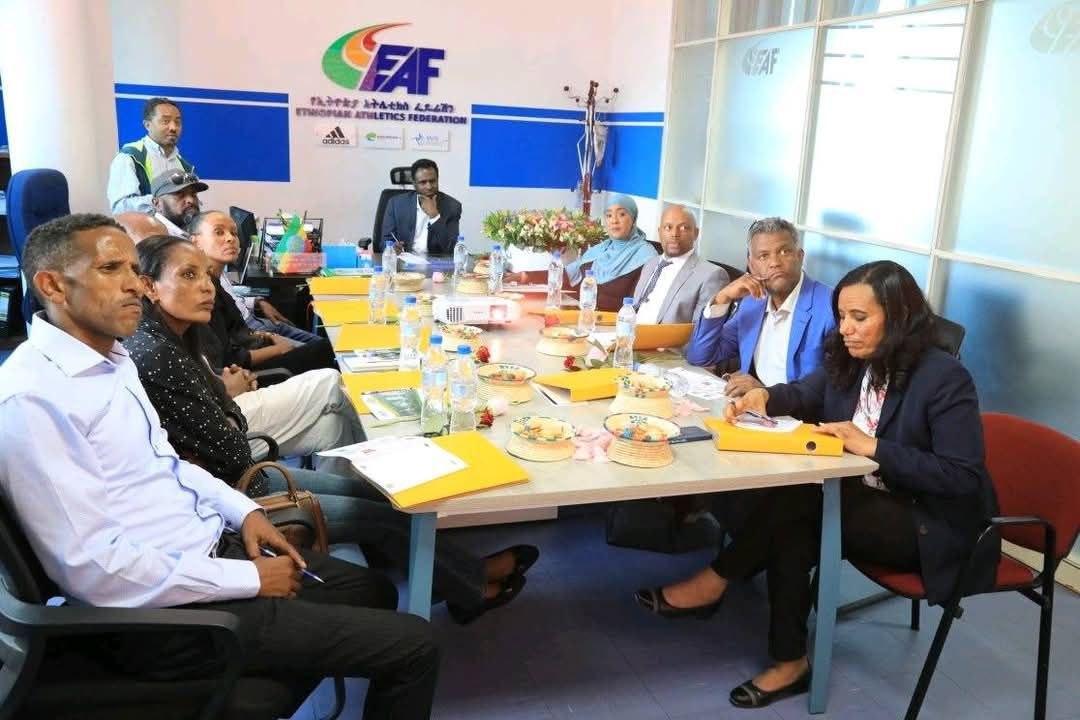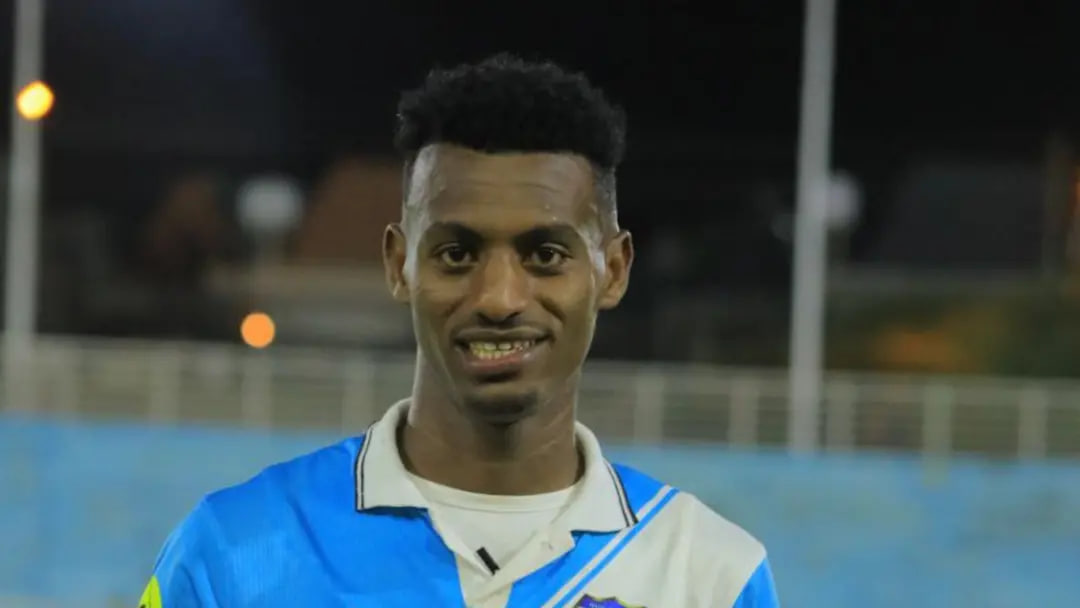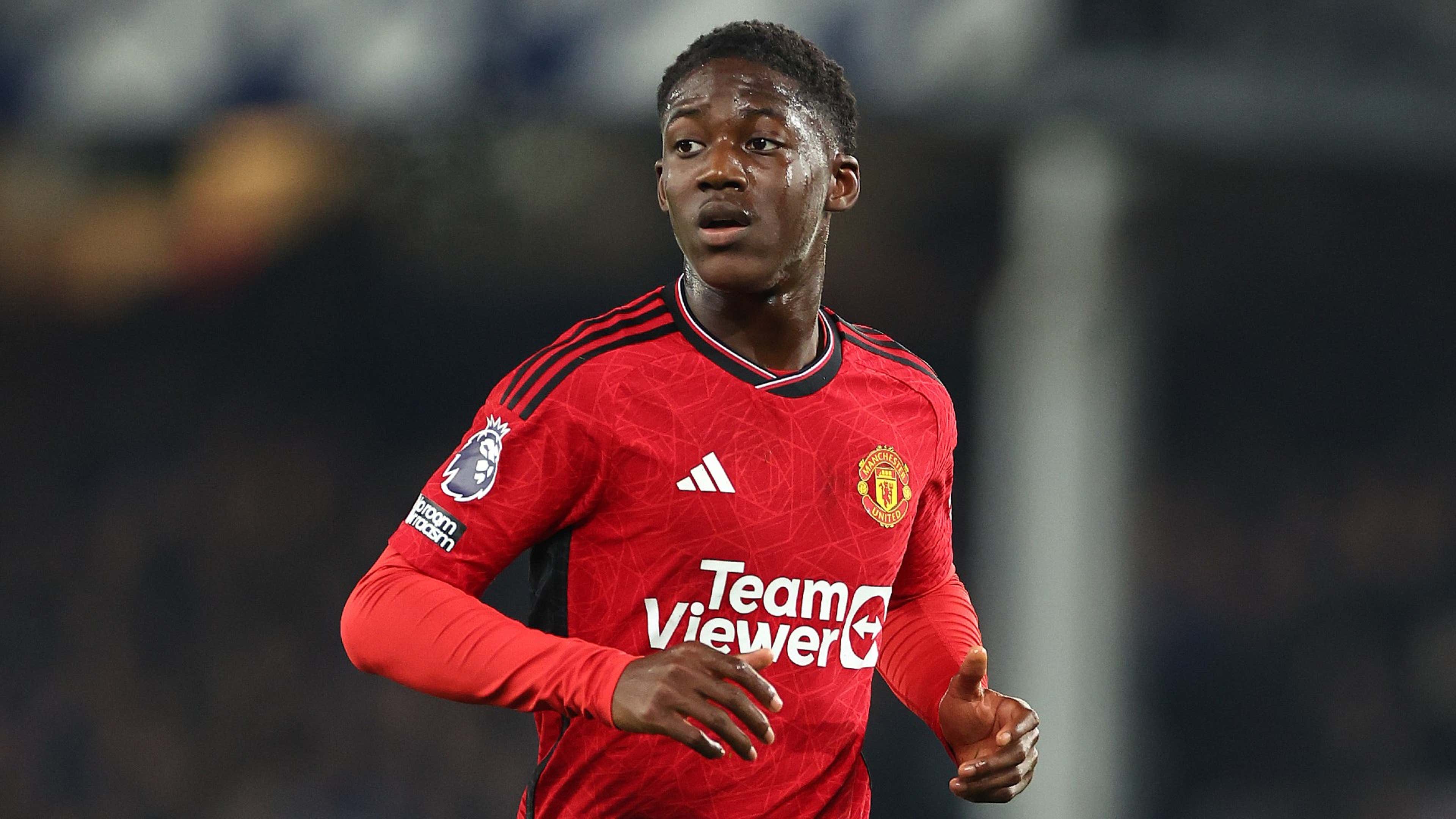
What Can We Expect from the New Leadership in Ethiopian Athletics?
[By Yonatan Ayele]
The challenges facing the Ethiopian Athletics Federation are many, ranging from internal conflicts to systemic inefficiencies. The newly elected president, former Olympian Sileshi, has a lot of work ahead of him. In our exclusive interview on Ethio-Maed Radio Show, Sileshi shared his insights into the challenges and solutions ahead (read more here: https://x.com/threadreaderapp/status/1875147831406628929 ) . For now, this article focuses on three critical areas we can expect to see under his leadership: athlete selection, infrastructure shortages, and stakeholder involvement.
Conflicts often arise in Ethiopian athletics as international competitions approach, with issues arising from both internal and external sources. A prime example of internal conflict was the public disagreement between former Federation leaders Derartu Tulu and Gezahgn Abera. Externally, while the Paris Olympics has been relatively calm, the Tokyo Olympics highlighted the intensity of disputes between the federation and Ethiopian Olympic Commite (EOC).
At the core of these conflicts is the lack of clear, publicly available athlete selection criteria. This absence fuels disagreements, creates division in training camps, and negatively impacts performance. For example, Ethiopia's inconsistent results in recent years contrasts with the success at the 2022 Oregon World Championships, where reduced conflict helped secure second place on the medal table with four golds.
To address this, the Federation must prioritize designing detailed selection guidelines, involving key stakeholders like the Olympic Committee, managers, coaches, and athletes. Learning from Kenya’s national trial system could offer practical solutions. Additionally, cases like Tamirat Tola, who was initially placed as a reserve for the Paris Olympics but went on to win a gold medal, show the urgent need for detailed review of the current selection process.
Another issue that requires immediate action is the shortage of sports facilities, particularly training centers with tracks. The few available options often come with restrictions like limited access, overcrowding, and time constraints. This prevents athletes from conducting individual training effectively.
This infrastructure challenge has been raised repeatedly, even during Derartu Tulu’s administration. However, she noted that part of the responsibility falls under the Ministry of Culture and Sports, leading to blame-shifting among stakeholders. To break this pattern, continuous discussions and clear accountability among all parties are essential.
“When disputes arose, the outcomes were not good. Athletes were impacted, and our nation suffered as well. As an organization, we have learned a great deal since then. We will work collaboratively with the stakeholders,” Sileshi Sihen stated in our interview. If this commitment showed practically, it could help to adress this issue.
Managers and coaches often have different interests, and when the administration is weak, some try to influence decisions to benefit themselves. It was especially noticeable during the Paris Olympics.This leaves others feeling left out, causing disagreements to grow. With this lack of trust, cooperation becomes difficult, especially during big events like the World Championships and the Olympics. To build a strong sense of teamwork and unity for the national team, the role of these stakeholders should be limited. Clear rules and a reliable administration can reduce conflicts and create a better environment for everyone.
Sileshi emphasized the need for clear roles and responsibilities, along with collaborative efforts, to address the challenges in Ethiopian athletics. “The Ministry of Culture and Sports, in collaboration with experts from eight universities, has conducted research. This was presented at the Adwa Memorial Museum. What are the challenges? Who should do what? These have been properly explained, and I believe the findings will clarify the roles and responsibilities of the Federation, the Olympic Committee, and the government.We plan to work continuously with various stakeholders. Our focus is on respecting individual rights while ensuring collective progress. By working together, we aim to deliver meaningful outcomes. We try to dedicate our full time and efforts to ensure satisfaction for both our athletes and our nation,” Sileshi stated.
From past experiences, it is clear that collaboration is key to minimizing disputes and addressing problems. Creating a healthy environment in training camps should also be a top priority to ensure better results on the global stage.



